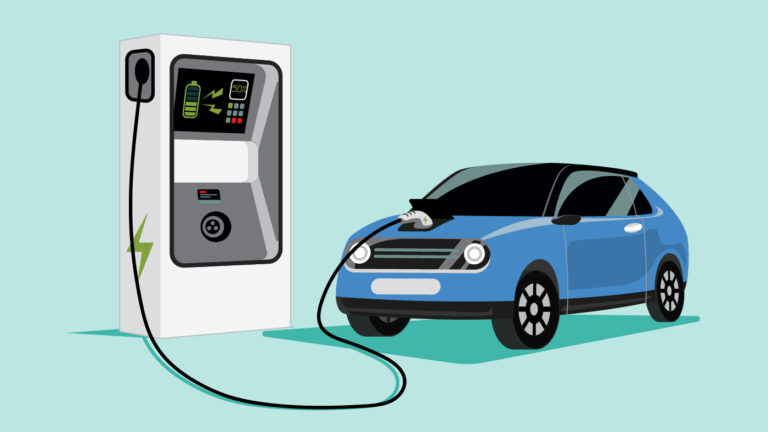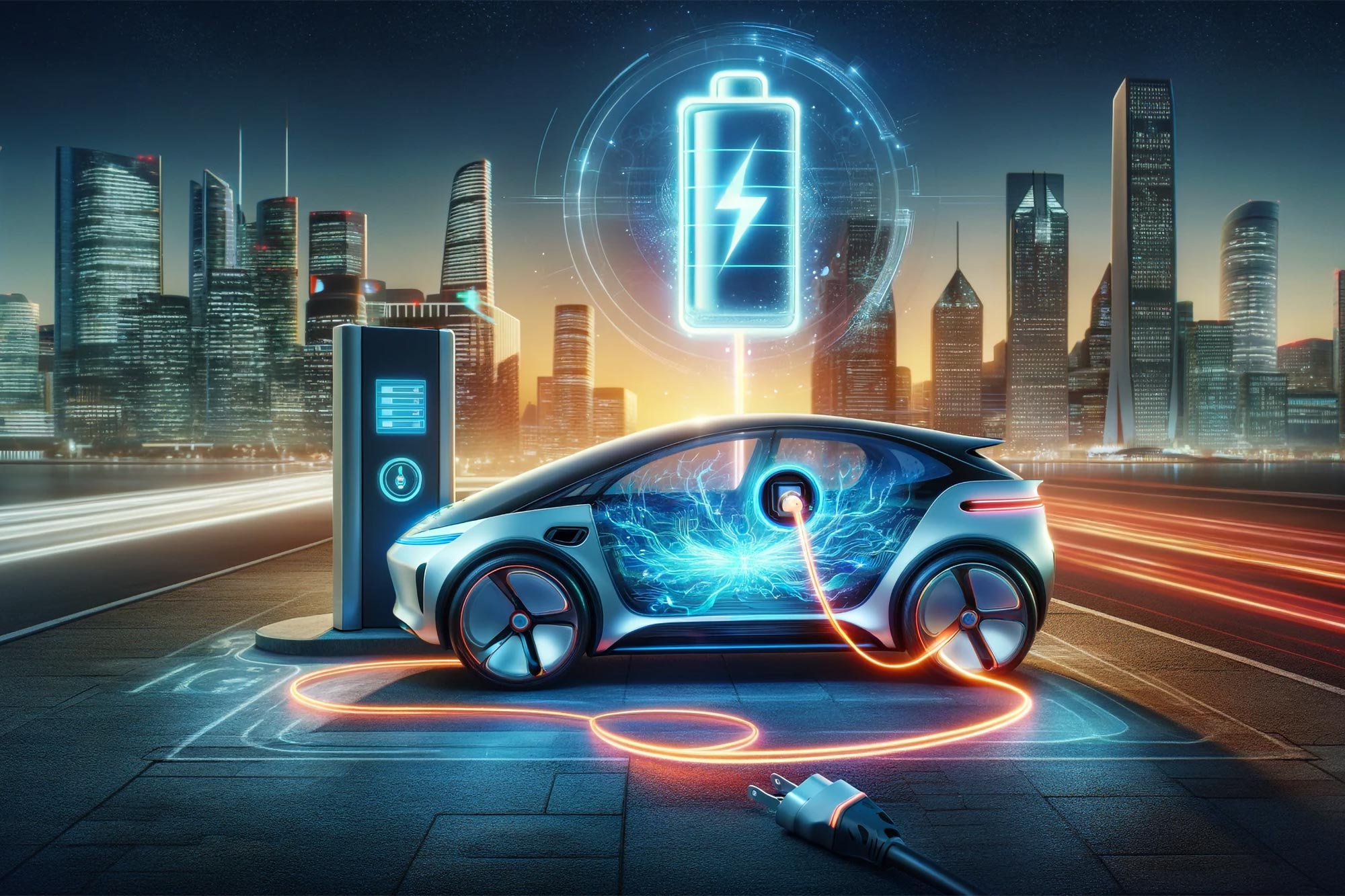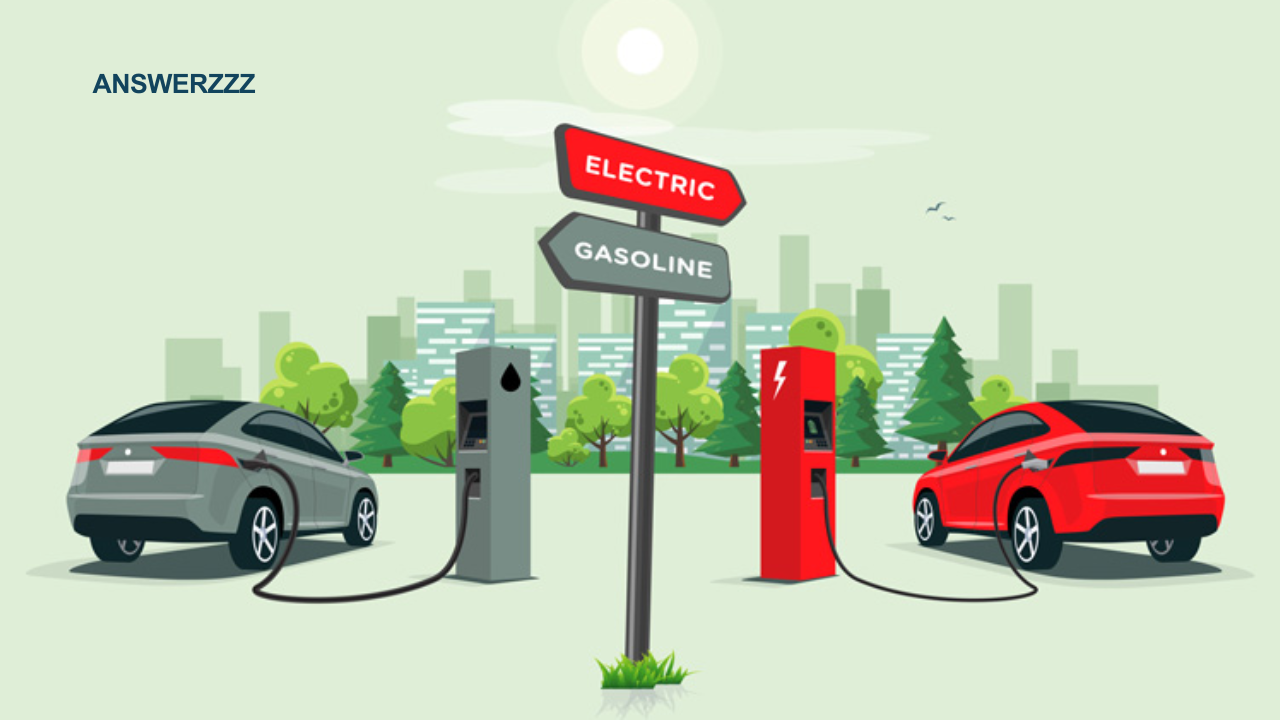Electric vehicles (EVs) have swiftly emerged as one of the most revolutionary forces in the transportation industry, ushering in a new era of innovation, sustainability, and efficiency. As the global demand for greener, more sustainable alternatives to traditional gasoline-powered vehicles increases, EVs are paving the way toward a cleaner, more energy-efficient future. The widespread adoption of electric vehicles is not just a trend but a transformative shift in how we think about transportation, energy consumption, and environmental impact. From reducing carbon emissions to enhancing energy efficiency, EVs are reshaping the future of transportation in ways that extend far beyond the car industry itself.
The Shift to Sustainable Transportation
One of the most compelling reasons behind the rise of electric vehicles is the growing concern over climate change and the environmental impact of traditional vehicles. Gasoline and diesel-powered cars are major contributors to air pollution and global warming, emitting harmful carbon dioxide (CO2) and other greenhouse gases. According to the International Energy Agency (IEA), the transportation sector accounts for nearly a quarter of global CO2 emissions. Electric vehicles offer a significant reduction in these harmful emissions. Since EVs produce zero tailpipe emissions, they contribute to cleaner air and a lower carbon footprint, particularly when powered by renewable energy sources like solar or wind.
The push for sustainability is becoming more urgent, with countries around the world setting ambitious targets to phase out internal combustion engine (ICE) vehicles in favor of electric alternatives. Governments have recognized the vital role of EVs in achieving net-zero emissions by mid-century. In many regions, governments have introduced policies such as tax incentives, rebates, and grants to encourage the adoption of EVs. Additionally, there is growing investment in the infrastructure needed to support EVs, such as charging stations and renewable energy grids.

EVs and the Future of Energy Consumption
Electric vehicles are not just transforming the way we drive; they are also reshaping the way we consume and produce energy. Unlike traditional vehicles that rely on gasoline or diesel, EVs depend on electricity, which can be generated from a variety of sources, including renewable energy like wind, solar, and hydroelectric power. This shift from fossil fuels to renewable electricity for transportation represents a significant change in how energy is produced and consumed.
As the adoption of electric vehicles grows, so does the need for cleaner, more efficient energy production methods. The integration of electric vehicles with renewable energy sources is creating a more sustainable, decentralized energy grid. For instance, home solar panels can charge EVs, allowing individuals to rely on their own renewable energy sources. In addition, as the number of EVs on the road increases, there is potential for vehicle-to-grid (V2G) technology, where EVs can act as mobile energy storage units, providing backup power to the grid during times of high demand or power outages.
This shift is not just beneficial for consumers looking to reduce their energy bills; it also offers governments and energy companies the opportunity to build a more resilient and sustainable energy infrastructure. The widespread use of electric vehicles could lead to a reduced dependence on fossil fuels, thereby lowering overall emissions and mitigating the effects of climate change.
The Technological Advancements Driving EV Adoption
The rapid evolution of technology in the EV sector is another key factor driving the widespread adoption of electric vehicles. Over the past decade, the performance and affordability of EVs have improved significantly, making them more accessible to the average consumer. One of the primary drivers of this change has been advances in battery technology, which have led to longer driving ranges and shorter charging times.
Batteries, particularly lithium-ion batteries, have become cheaper and more efficient, enabling electric vehicles to travel longer distances on a single charge. The range anxiety that once plagued potential EV buyers is gradually dissipating, as many new electric models offer ranges that are comparable to those of traditional gas-powered cars. Additionally, the development of ultra-fast charging technologies means that EVs can now be charged in a fraction of the time it would take to refuel a conventional vehicle, further enhancing the convenience of owning an electric vehicle.
Beyond the advancements in battery technology, electric vehicles are also benefiting from innovations in materials science, aerodynamics, and software. New, lighter materials help reduce the overall weight of electric vehicles, improving efficiency and range. Meanwhile, advancements in artificial intelligence (AI) and machine learning are being integrated into EVs to optimize driving performance, enhance safety features, and improve overall user experience. As these technologies continue to evolve, the electric vehicle market will only become more attractive to a broader audience.
The Economic Impact of Electric Vehicles
The widespread adoption of electric vehicles is expected to have profound economic implications, not just for the automotive industry but for a wide range of sectors. In the automotive sector, electric vehicles are creating new opportunities for manufacturers to innovate and expand their product lines. Many traditional automakers are now investing heavily in EVs, and some have announced plans to shift their entire vehicle production to electric models in the coming decades. Companies like Tesla, Rivian, and Lucid Motors are leading the charge in electric vehicle manufacturing, while established brands such as Ford, General Motors, and Volkswagen are ramping up their electric vehicle offerings.

The growth of the electric vehicle market also opens up new opportunities in related industries, such as battery manufacturing, charging infrastructure, and renewable energy. As the demand for electric vehicles increases, so too does the need for components like batteries, motors, and charging stations. This creates new jobs and economic opportunities, particularly in regions that are investing in green technologies and infrastructure.
Furthermore, electric vehicles can offer significant cost savings for consumers in the long run. Although EVs may have a higher upfront cost compared to traditional cars, they tend to have lower maintenance costs due to fewer moving parts and the absence of an internal combustion engine. Additionally, the cost of charging an electric vehicle is typically much lower than the cost of gasoline or diesel, especially if the vehicle is charged at home using renewable energy sources. As the cost of EVs continues to fall and the availability of incentives increases, owning an electric vehicle is becoming a more financially viable option for many consumers.
The Role of EVs in Reducing Urban Pollution
Urban areas around the world are grappling with air pollution, traffic congestion, and noise, all of which are exacerbated by the prevalence of gasoline and diesel-powered vehicles. Electric vehicles, with their zero-emissions nature, offer a promising solution to these challenges. In cities where air quality is a significant concern, transitioning to electric transportation can have a profound impact on public health.
EVs can help reduce harmful pollutants such as nitrogen oxides (NOx), particulate matter, and carbon monoxide, all of which are linked to respiratory and cardiovascular diseases. By adopting electric vehicles on a larger scale, cities can improve air quality, reduce the urban heat island effect, and create healthier environments for their residents.
In addition to improving air quality, electric vehicles are also quieter than traditional vehicles, which can help reduce noise pollution in urban areas. This is particularly beneficial in densely populated cities, where high noise levels can negatively affect the well-being of residents. The shift to electric mobility offers the potential to make cities quieter, cleaner, and more livable.
Challenges and the Road Ahead

While the benefits of electric vehicles are clear, there are still challenges to overcome before EVs can fully replace traditional vehicles. One of the main hurdles is the availability of charging infrastructure. Although the number of public and private charging stations is increasing, it is still not as widespread as gas stations, particularly in rural or less developed areas. Addressing this issue will require significant investment in charging infrastructure to ensure that EV owners have convenient access to charging stations.
Another challenge is the environmental impact of battery production. While EVs themselves are cleaner than traditional vehicles, the mining and processing of raw materials like lithium, cobalt, and nickel used in batteries can have significant environmental and ethical implications. As the demand for EVs grows, it will be essential to develop more sustainable and ethical methods of sourcing and recycling these materials.
Despite these challenges, the future of electric vehicles looks promising. With continued advancements in technology, supportive government policies, and growing consumer awareness, electric vehicles are poised to play a central role in the future of transportation. By shifting away from fossil fuel dependency and embracing electric mobility, we can reduce carbon emissions, improve air quality, and create a more sustainable, efficient, and equitable transportation system.
Electric vehicles are revolutionizing the transportation industry by offering a cleaner, more sustainable, and technologically advanced alternative to traditional vehicles. With their environmental benefits, energy efficiency, and potential for economic growth, EVs are not just a passing trend but a fundamental shift in how we approach transportation. As the world continues to embrace electric mobility, the future of transportation looks greener, smarter, and more sustainable than ever before.



